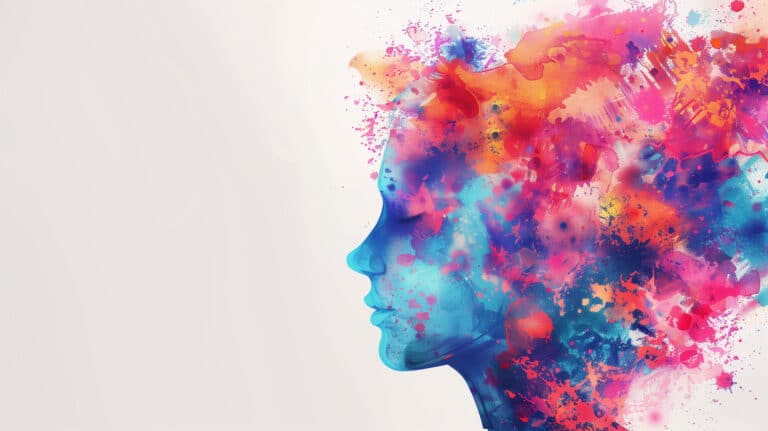A lot of families struggle to grasp why their loved one can’t just eat. In fact, many people suffering from the eating disorder also don’t understand why eating is so hard. Although it may sound counterintuitive, eating doesn’t magically fix eating disorders. In this free resource, we’ll walk you through an overview of factors that play a role in the development of eating disorders. Let’s get started.
Are Eating Disorders About the Food?
The short answer: kind of. Those suffering from eating disorders use food as a way to feel better. They are usually having a hard time coping with something in their life, such as:
- A strained relationship with friends or family
- Pressure to perform well at school or work (whether external or internal pressure)
- Times of transition, such as having a baby, starting a new job, or moving to a new school
- Body dissatisfaction
- History of trauma
- Co-occurring mental health disorders, such as anxiety, depression, or OCD
It may not be obvious why you are struggling with food. Often, disordered eating provides temporary relief from difficult or stressful emotions. Working with a trained therapist can help you identify why you use eating disorder behaviors.
Treating Eating Disorders: A Physical and Mental Process
Eating disorders are both physical and mental health conditions, and it is important to address both aspects during treatment. From a physical standpoint, addressing medical issues and eating enough nutrients are essential for healing your mind and body.
Treatment doesn’t stop there. Healing from an eating disorder also involves learning new tools to help manage triggers, treating any underlying mental health conditions, and replacing unhelpful beliefs about food and yourself with healthier, more accurate thoughts.
CBT for Eating Disorders
At Magnolia Creek, we have several research-based methods to help you recover. Cognitive behavioral therapy, or CBT, recognizes that our beliefs, thoughts, and behaviors are all interrelated.
By identifying the underlying beliefs and thoughts that lead to harmful eating patterns, we can begin to challenge what you believe about food and yourself. Our CBT-trained therapists can then help you replace your negative automatic thoughts with thoughts that are more accurate.
Eating disorders do not develop overnight, so it may take some time before even the best eating disorder treatments make you feel better. However, with consistent support, CBT has been shown to be one of the most helpful techniques to help people heal their relationship with food.1
Over time, your thoughts and beliefs begin to change. Food starts to become less stressful, and your thoughts become a little more flexible about the “right” way to eat. Exercise may begin to feel enjoyable rather than a punishment for what you ate. You may even start to believe that your body is worth caring for at any size.
Getting Help for An Eating Disorder
In short, eating disorders manifest as an issue with food but are usually a sign that you hold some harmful beliefs about eating or yourself. If you are interested in learning more about the road to recovery, our compassionate team of eating disorder experts would be honored to help you make the first step. Give us a call at 205-235-6989 or complete our contact form to get started today.
Resources




